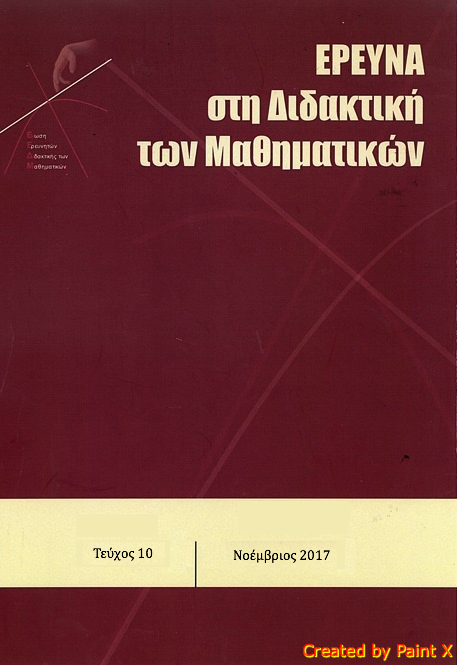IN(EX)CLUSION IN MATHEMATICS AND THE FABRICATION OF THE MODERN CITIZEN

Abstract
It is a self-evident truth nowadays to say that mathematics education is a pillar for citizenship. It is also a very evident true that mathematics education should be for all. But it is also a truth that mathematics education is certainly not for all. The positioning of school mathematics as a privileged area of the school curriculum is important to understand how, in contemporary societies, the practices of mathematics education are inevitable mechanisms of both inclusion and exclusion. But… inclusion and exclusion of whom? in/from what? My intention in this paper is to delineate an emergent trend in researching the politics of mathematics education as historical and cultural practices within schooling, drawing on the work of Michel Foucault. The shift from a focus on a cultural understanding of mathematical thinking, towards the understanding of school mathematics as an area of the curriculum in modern schooling in the 20th century allows tracing the constitution of the systems of reason that govern educational practices in mathematics. Such tracing brings different perspectives for the understanding of the predicaments of failure and success in school mathematics. I will bring material from my current research to illustrate how such types of analysis unfolds the conditions on which mathematics education operates in(ex)clusion.
Article Details
- How to Cite
-
Valero, P. (2017). IN(EX)CLUSION IN MATHEMATICS AND THE FABRICATION OF THE MODERN CITIZEN. Research in Mathematics Education, (10), 9–26. https://doi.org/10.12681/enedim.15204
- Section
- Articles

This work is licensed under a Creative Commons Attribution 4.0 International License.
Authors who publish with this journal agree to the following terms:
Authors retain copyright and grant the journal right of first publication with the work simultaneously licensed under a Creative Commons Attribution licence that allows others to share the work with an acknowledgement of the work's authorship and initial publication in this journal.
Authors are able to enter into separate, additional contractual arrangements for the non-exclusive distribution of the journal's published version of the work (e.g. post it to an institutional repository or publish it in a book), with an acknowledgement of its initial publication in this journal.
Authors are permitted and encouraged to post their work online (preferably in institutional repositories or on their website) prior to and during the submission process, as it can lead to productive exchanges, as well as earlier and greater citation of published work (See The Effect of Open Access).


